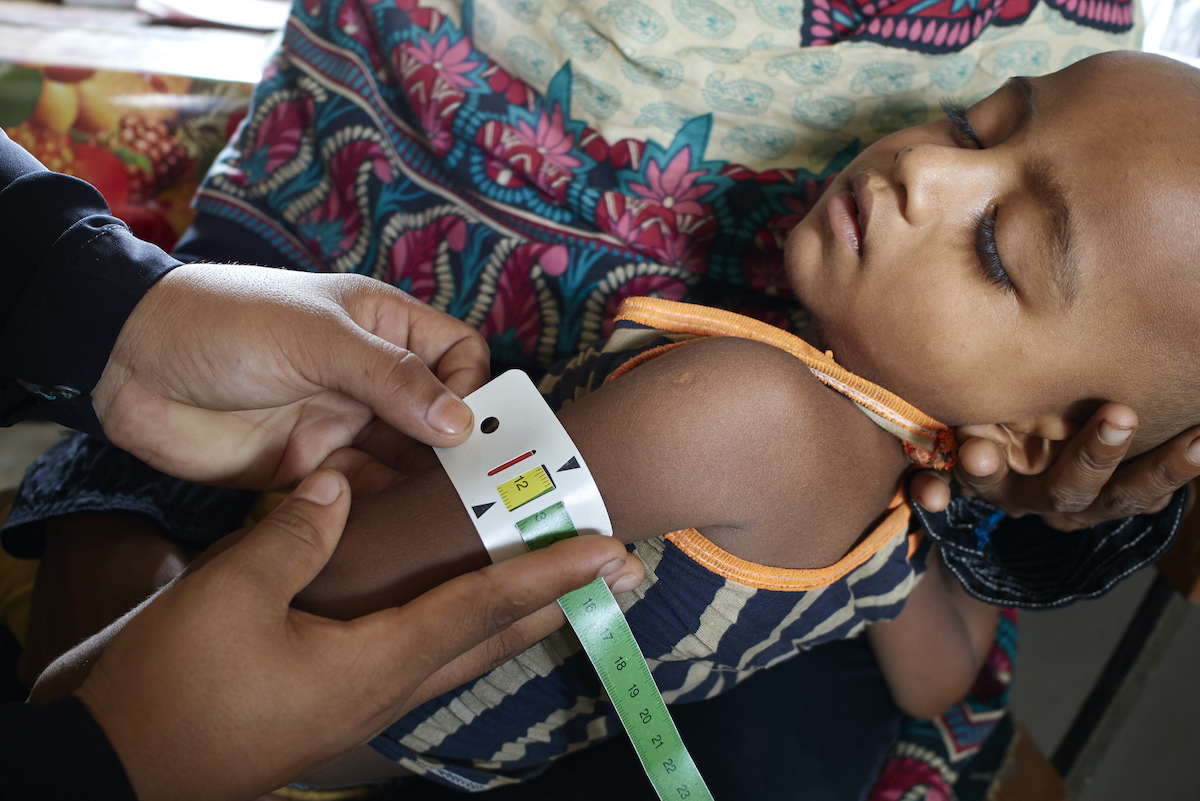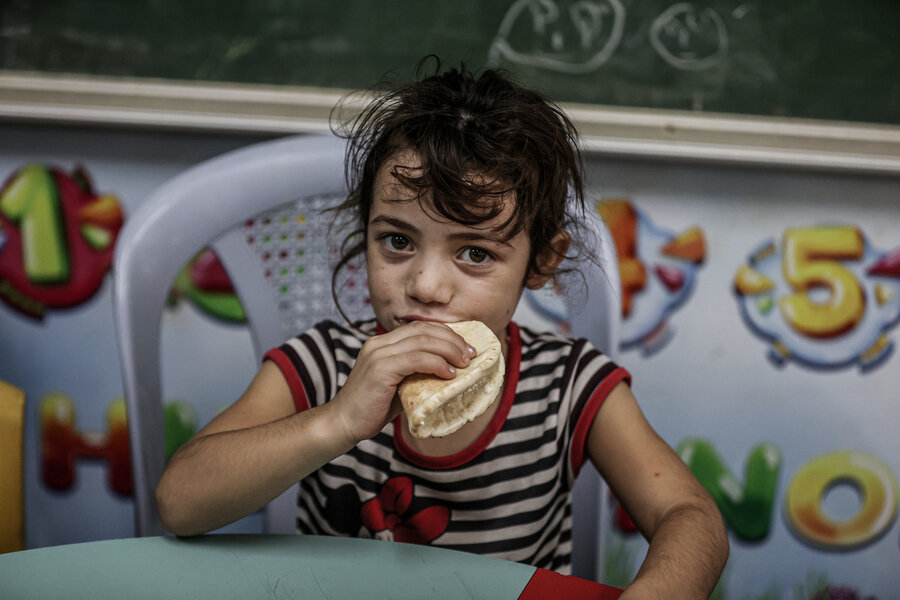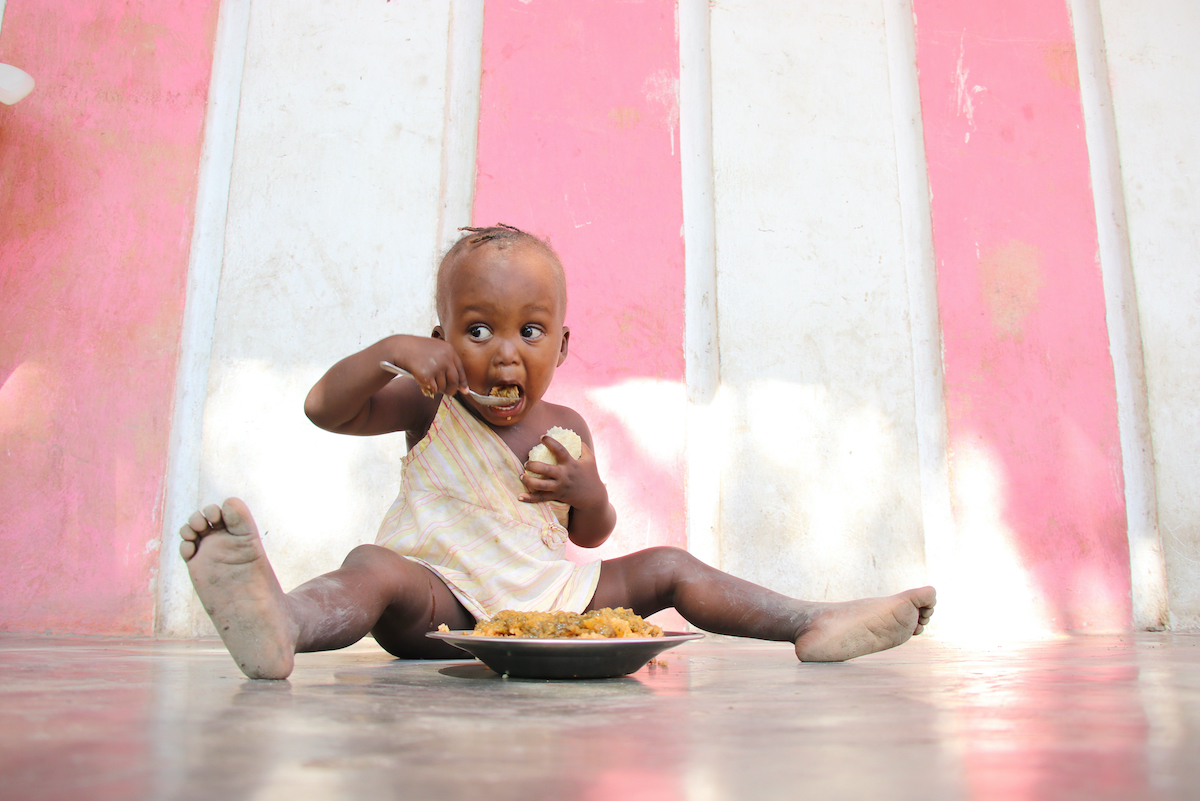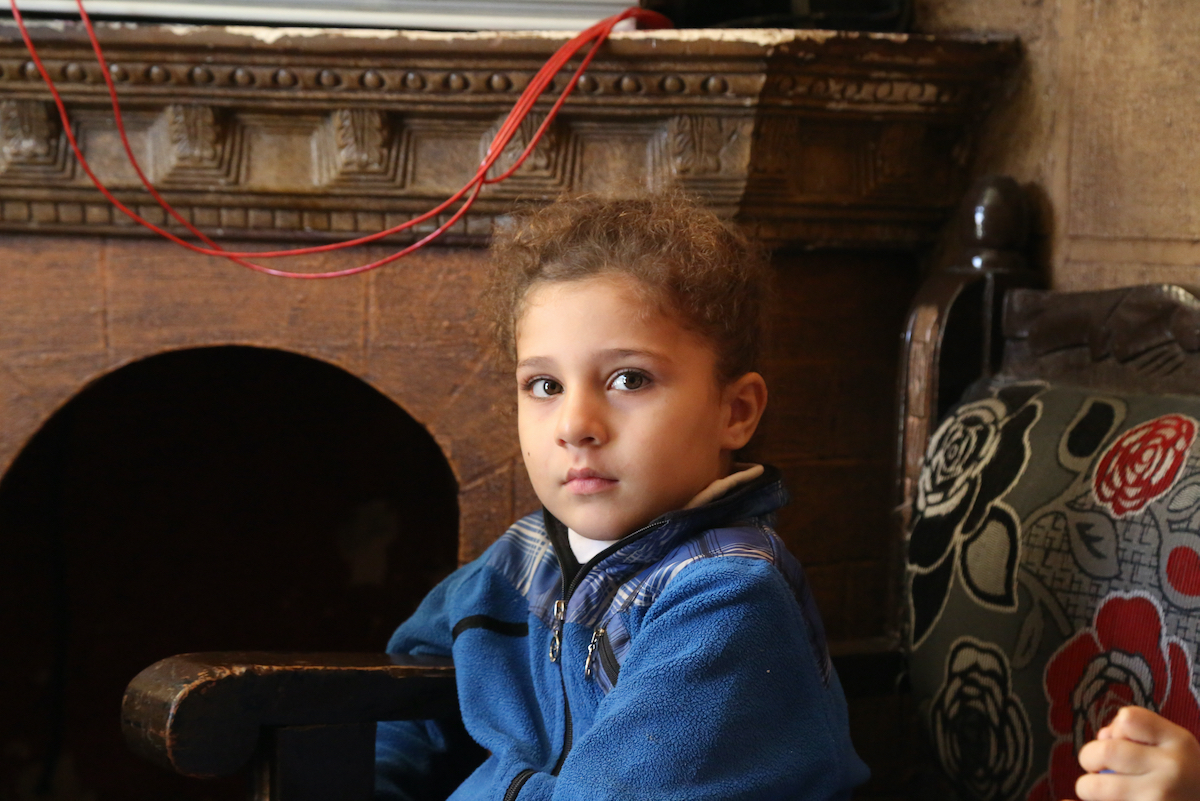
Moussa: A Gardener After Overcoming Moderate Malnutrition

Fatima Zohra Merzouk
30 Oct 2023
Moussa is a six-year-old boy from Mali, a country that has been plagued by violence, instability, and poverty for many years. He lives in a camp for internally displaced people (IDPs) after his village was attacked by armed groups. He lost his home, his belongings, and his sense of security.
Moussa suffers from moderate acute malnutrition (MAM), a condition that occurs when a child does not get enough food or the right kind of food to meet their nutritional needs. MAM can affect a child's growth, health, and development, and make them more vulnerable to infections and diseases. MAM can also lead to severe acute malnutrition (SAM), which can be life-threatening.
Moussa receives a monthly ration of fortified cereal and vegetable oil from WFP, the largest humanitarian organization fighting hunger worldwide. WFP provides food assistance to over 500,000 people in Mali, including IDPs, refugees, host communities, and vulnerable groups. WFP also supports nutrition programs that treat and prevent malnutrition among children and pregnant and breastfeeding women.
Moussa also participates in a WFP-supported gardening project, where he learns how to grow vegetables and fruits in a small plot of land. The project aims to improve the food security and livelihoods of IDPs and host communities, as well as to promote social cohesion and peace. The project provides seeds, tools, training, and technical support to the participants, who can harvest and consume or sell their produce.
Moussa likes to eat carrots and mangoes from his garden, which provide him with vitamins, minerals, and antioxidants that help boost his immunity and health. He also likes to share his produce with his family and friends, and to exchange seeds and tips with other gardeners. He says that gardening makes him feel happy and proud.
Moussa's story is one of resilience and empowerment in the face of adversity. It shows how WFP's food assistance can help improve the nutrition and well-being of children who suffer from hunger and malnutrition. It also shows how WFP's work is not only about providing food but also about providing skills and opportunities.
More Stories
More Stories, More Impact: Dive into Compelling Narratives of Hope



